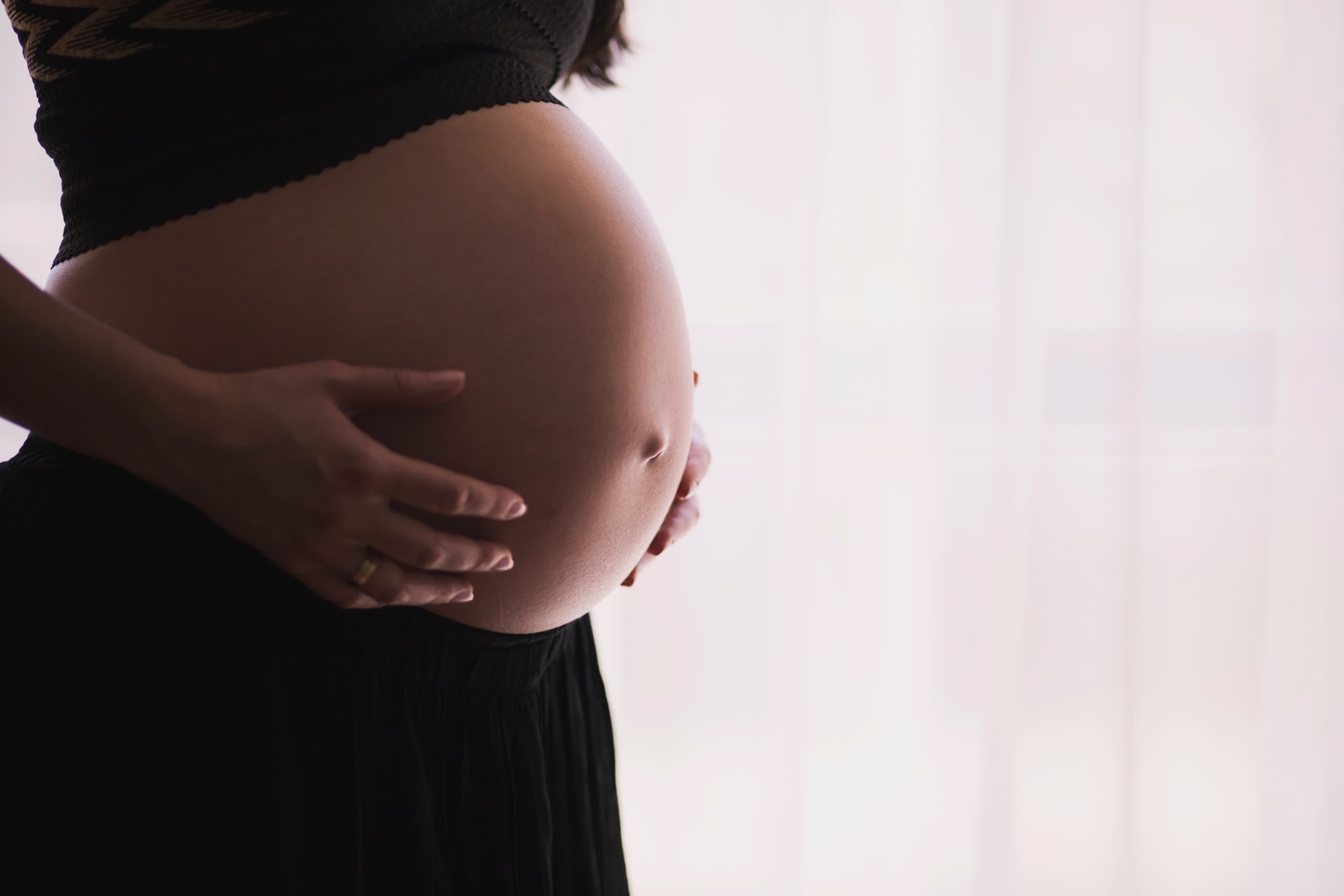
As she toured the maternity ward, the frozen smile on Mary’s face and clipped tone of her voice revealed the fear that lay just beneath her well-organized list of questions. Eight months pregnant with her first child, Mary managed the inevitable uncertainty surrounding delivery by gathering as much concrete information as possible.
When I saw her for a home visit soon after the baby’s birth, a natural confidence characterized her easy interactions with her son. Yet as we spoke she revealed a profound sense of loss about the unanticipated cesarean section and the period following delivery when she was separated from her baby. When we took time together to observe her son turn to her voice and quiet immediately to the touch of her hand, relief flooded her body as she exclaimed with joy, “He does know me!”
These events occurred long before the arrival of COVID-19. When it became clear that all our lives would be upended for an indefinite period of time by the coronavirus pandemic, as an infant-parent mental health specialist my first thought went to families due to deliver babies in the coming days, weeks, and months. Expecting parents typically experience some degree of fear and uncertainty around the birth of a baby. They worry that the baby will be damaged, that the real baby will be different from the wished for baby. Now for pregnant women and their families these ordinary feelings are suddenly exponentially magnified.
While an abundance of information about the virus itself immediately appeared online, there is a limit to what information can accomplish. I wondered about creating what pediatrician D.W. Winnicott called a “holding environment” to protect these tender new relationships. How might we as a community reduce the impact of stress, fear, and social distancing on pregnant women and their partners at this unusual and uncertain time when all birth plans to some degree have gone awry? As Mary’s story shows, an unanticipated change to birth plans, while often swept over and unacknowledged in our culture, can have deep and long-lasting impact.
In his classic book Baby and Childcare, pediatrician Benjamin Spock offers some wise and comforting words that have relevance today.
The process of human development is powerful. There is plenty of room for variation and even for making mistakes. Infants are incredibly resilient. As long as the infant is healthy, the type of childbirth is unlikely to have long-term consequences, unless there is so much guilt attached to the memory that it has a negative impact on parental self-confidence or starts the process with a strong but misguided sense of guilt.
Clearly this virus is no one’s “fault.” With hope the natural guilt that accompanies new parenthood will not be magnified by these sudden changes. But while reassuring and true, Dr. Spock’s approach only goes so far. In a time of great upheaval, reassurance might even feel like an assault.
Some hospitals and birthing centers now restrict women to one support person during the delivery and hospital stay. For many mothers, choosing separation from their own mother in the first hours of new life offers a wrenching decision. For a brief period of time some New York hospitals banned all support people from the delivery room. But following outrage from expecting parents, doulas, and midwives they soon reversed course in keeping with New York State Department of Health guidelines. Dreams of introducing the new baby to older siblings in the hospital are shattered. Families grapple with the need to stay home and severely restrict visitors, aggravating the sense of isolation many new moms experience. Constantly changing recommendations regarding separating mothers who have or possibly have the virus from their babies add exponentially to anxiety and uncertainty. Acknowledging real fears and grieving real losses will be necessary to give families a chance to heal and move forward.
Perhaps the story of Mary and her son offers some lessons for keeping the terror at bay. The needs of a helpless newborn call new parents fully into the moment, as they naturally listen to their baby’s earliest communication. Bringing a new life into the world is always messy and disorganizing. Parents inevitably make mistakes. As parent and infant work through messy moments together, their relationship grows.
Now things seem particularly messy in our world. There are no simple answers. Taking time to listen: to new parents, to new babies, and to each other, can preserve moments of connection and joy. Such moments, strung together over time, can build a sense of hope.

No comment yet, add your voice below!